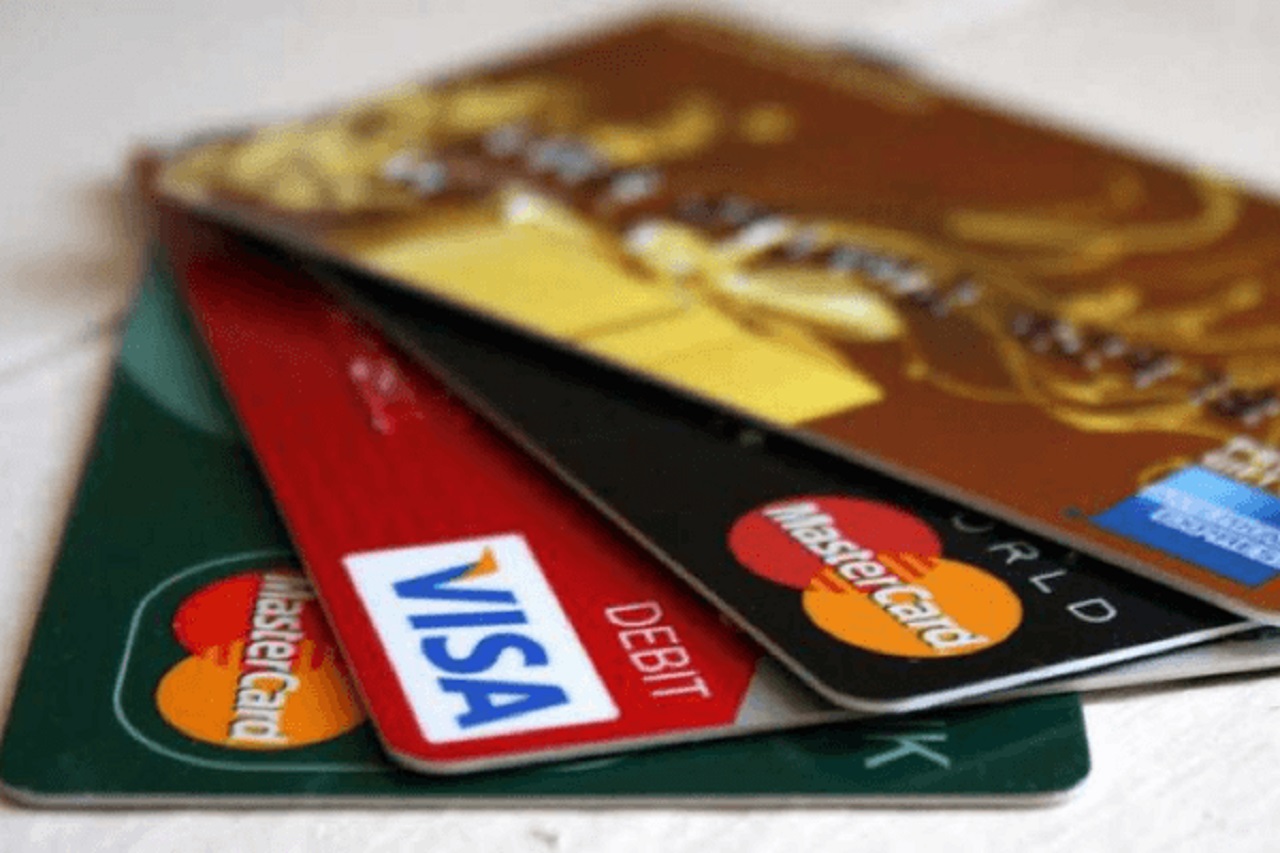EXPLAINER: How suspension of int’l transactions on naira cards will affect Nigerians
Recently, two tier one banks, Zenith Bank and Guaranty Trust Company Ltd, announced suspension of international transactions with domestic naira cards. Zenith Bank in a notice said its customers will no longer be able to carry out any international transaction on their naira Automated Teller Machine (ATM) cards effective from January 9th, 2023. This is […]

Recently, two tier one banks, Zenith Bank and Guaranty Trust Company Ltd, announced suspension of international transactions with domestic naira cards.
Zenith Bank in a notice said its customers will no longer be able to carry out any international transaction on their naira Automated Teller Machine (ATM) cards effective from January 9th, 2023. This is coming barely a week after Guarantee Trust Bank made the same announcement, which took effect on January 1.
The announcement further compounds the troubles of many Nigerians who shop online from international stores such as Amazon, and Apple Music, among others as they will no longer be able to pay with their naira cards.
Asides GTB and Zenith, other banks that have followed suit include Access Bank Plc, UBA, First Bank of Nigeria, Ecobank, among others.
Zenith, GTB suspend int’l transactions on naira ATM cards
2023: Many registering for NAIRAXI transit card initiative – Report
One of the banks in a statement issued to its customers, titled ‘Important update on your Naira card for international spending’ reads: “Dear customer, we write to inform you that you will no longer be able to use your Naira Mastercard for international online and POS transactions effective 31st December 2022. Kindly note that you can use your GTBank dollar card for all your international spending requirements.”
The bank said its dollar card allowed ATM withdrawal of $1,000 daily or the equivalent in the transaction’s local currency and has no limit to international PoS or online transactions.
However, many analysts and experts believe that the recent development may be attributed to the scarcity of forex. They however believe that it may lead to adoption of more Fintechs that supply dollars.
A financial expert at the Abuja Chamber of commerce and Industry (ACCI), Joseph Momoh, explained that the shortage of forex may have prompted banks to take the decision.
On the implication of this development, he said many people may result to Fintechs that supply dollar cards and virtual cards, as well as open domiciliary accounts, which they can fund with dollar cash.
He also added that the development will affect manufacturers drastically.
“The recent moves by banks will affect manufacturers who require dollars to import raw materials, and they may resort to the usual black market patronage at exorbitant rate which in turn will affect prices of goods as they will transfer the high cost to of purchase to end buyers,” he added.
Providing further insight to the development, Taiwo Oyedele, head of tax and corporate advisory services at PwC, said, “I believe this development is based on CBN’s directive which seems to be focusing on the demand side of the foreign exchange management.”
He however asserted that the restriction would push more legitimate demands into the black market thereby pushing up the rate and widening the gap compared to the official rate.
“Given that even manufacturers source a significant percentage of their foreign exchange needs from the parallel market, this could further squeeze their margins while fueling inflation,” Oyedele said.
Banks’ stand
Daily Trust recalls that the First Bank of Nigeria in a notice to its customers on the review of Naira cards for international spending had attributed it to the current realities.
“Due to current market realities on foreign exchange, we’ve reviewed cross border transaction limits for the Naira Mastercard, Naira Credit Card, our Virtual card and Visa Prepaid Naira card further to $20 monthly. This will take effect on 1 April 2022.
“Also, International ATM withdrawals will not be allowed with our Naira cards at this time. For increased transaction limits, please use your Visa Debit Multicurrency Card, Visa Prepaid (USD) Card and Visa Gold Credit Card to enjoy transaction limits up to $10,000 and other exciting benefits,” First Bank had said.
Recall that In April 2015, the usage of naira denominated cards overseas was $50,000 per person per annum or $4,166.7 per month, indicating a 99.5 percent downward review in seven years to $20 per month and subsequently to zero by some Nigerian banks.
Effects on Nigerians
On the effects on Nigerians, another expert, Musa Manir, said the persistent dollar scarcity and declining foreign exchange reserves pushed some Deposit Money Banks (DMBs) to take the step.
He also said that some banks have even gone further to review their business travel allowance
He said, “With the latest review, travellers who need dollars for Business Travel Allowance (BTA), Personal Travel Allowance (PTA) can now access the same only twice a year compared to four times a year.
“Access Bank reviewed upwards the processing and disbursing time for international school fees for customers who initiate their request via Access Bank to within 60 days from 30 days previously.
“For what was supposed to be consummated within 24 hours after filling out CBN-approved documentation known as Form M, banks pushed it forward to 30 days in July 2022, and to 60 days now.
“So you can see it won’t be easy for anyone travelling or doing business, that is what will happen.”
